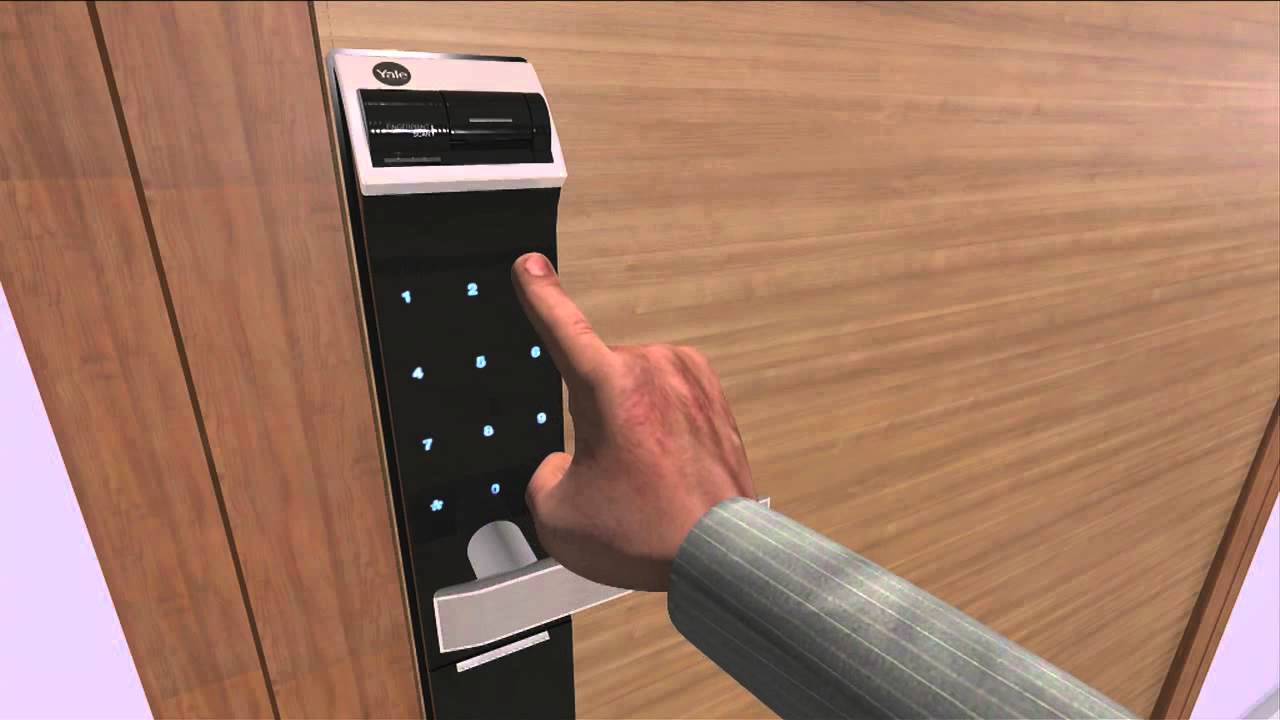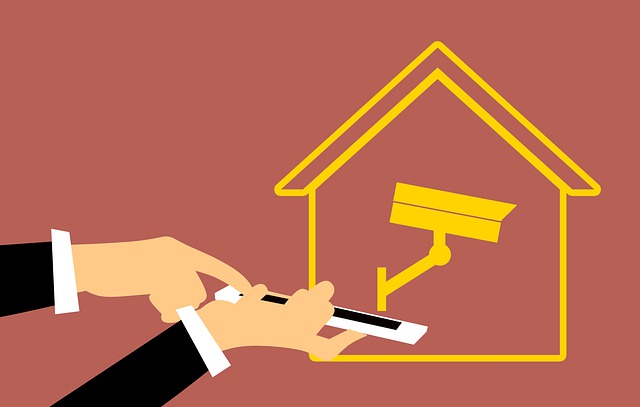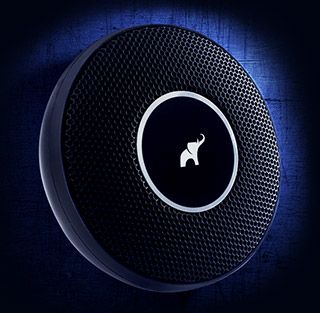
Classic Security Doors
When it comes to home security, the old standby is a heavy steel door, often with glass or wood inserts. Not only are these doors highly secure, but they look amazing!
The best security door is one which combines strength with elegance and the correct amount of technology. These are the types of doors that will make you proud to have them installed in your own home.

High Quality Hardware and Stain Grade Materials
These doors have received a high level of attention. From the insulated tempered safety glass to the heavy-duty gear hinges, they're made to withstand the test of time.
Security features abound in these doors, including a triple-locking system, tamper-proof hinges, and a reinforced wood block for the double deadbolt.
Hardware of the highest quality includes the patented XLock (r) cylinder. It offers a 1-year warranty.
A day latch is included to allow locking from the outside and inside. The XLock(r), also comes with an elegant solid brass handle.
Awarded a Top 10 Home Improvement Product by Consumer Reports and recognized as a Best Buy by the editors of Remodeling Magazine, this high-end storm door is designed to protect your home from the elements. The tempered glass has a strength up to four times that of ordinary glass.

These doors are far more durable than cheaper alternatives. It is a good way to keep your home protected from the wind without sacrificing fresh air. These doors also add to the style of your house and increase its value. SecuraCote, a rust-proofing process that is applied to the doors 14x times, ensures they will stand up to time. The door's security features are unmatched, and its newest version boasts a striking handle.
FAQ
What is the highest-rated home security system rating?
ADT Pulse is the most widely used home security system.
What is the best system for home surveillance?
A home security system with cameras can help protect your family against intruders. These systems are simple to set up and can provide many benefits to both renters and homeowners. They allow you to monitor your home remotely from any smartphone, tablet, laptop, or other mobile device.
What does it cost to have a great home security system installed?
A home security system is about $2,500. It may seem like a large sum, but the security and peace of mind that you will get from a home with a good system is very affordable.
What is the best home security system?
Ring Video Doorbell Pro is the number one home security system. You can use your smartphone to talk to and see any person at any time, from anywhere. You can also record video footage, and then share it with your family and friends via email or text message.
What is the difference between surveillance and security cameras
Surveillance cameras are used for monitoring purposes, while security cameras are used for protection.
Both types of cameras have their advantages and disadvantages. The main difference between them is the type of images they capture. Surveillance cameras record video in slow motion, so you can watch what's happening in real time. Security cameras, on the other hand, only record still images and video, which can be viewed later.
Which security system is best?
The best security system to install depends on how much you value your home and belongings. You can go with a basic alarm system which is inexpensive but doesn't offer too much protection. Or you can get a more advanced one which offers better features like remote monitoring, video surveillance, and access control.
Which Home Security Systems can't be hacked
The definition of hacking will determine the answer to this question. Hacking is the unauthorised access to computer networks or systems. The majority of home security systems are not vulnerable to hacking because they do have software that allows others to remotely control them. They will not permit anyone to enter your house without your permission.
Some home security systems can be hacked by anyone who has access to the internet. These types of systems usually require a password to operate, which means that someone can hack them if he knows the correct password.
Statistics
- (In my experience, the discount on my home insurance covered about 25 percent of the subscription of an average plan, but your mileage may vary depending on your location and the size of your home.) (theverge.com)
- Related questionsHome security systems that are 100% DIY (safewise.com)
- Cove sets you free without punishing penalties and fees, unlike other security solutions that charge 75% to 100% of your remaining contract. (safewise.com)
- Depending on your insurance, 24/7 professional monitoring may qualify you for as much as 15% off your premium. (safewise.com)
External Links
How To
How to Install Home Security Systems
A home security alarm is a device that monitors the property and alerts you in case of any suspicious activity. It could be a motion sensor, doorbell camera, smoke detector, fire alarm, flood alert, carbon monoxide detector, burglar alarm, etc. A home security system usually consists of one or more sensors (e.g., motion detectors), which send signals when they detect movement or sound. The signals are then sent out to a control board where they can monitored and recorded. The control panel will send an alert to your smartphone, tablet, computer or voice assistant if there is a problem, such as someone breaking into your home. You'll be able to immediately take action and know exactly what's happening.
Selecting the right sensors for your home is an important step in installing a home security alarm system. There are two main types: passive and active sensors. Passive sensors don’t require batteries. They only pick up sounds, vibrations and other signals from their environment. These sensors include sirens, buzzers, and doorbells. Active sensors use electricity for data transmission. Some examples of this kind of sensor are cameras and motion sensors.
There are many options for sensors. Each brand has their own pros and cons. Some sensors can withstand extreme weather conditions, while others cannot. Some come with built-in speakers so you can hear them even if they're outside. Some work only indoors. Some have simple features, while others provide advanced features like night vision.
After selecting the right sensors for your property and deciding on a manufacturer, you will want to make a selection. This will help ensure that your sensors work well together. The hardware store should offer many choices.
Once you have selected a brand of sensor, you need to decide the number you wish to buy. Depending on whether someone lives alone or with their family, most people buy one to two sensors. You might want to buy more sensors if you intend on adding them later.
Next, decide where you want the sensors to go. Do you want them close to doors or windows? Are they best kept hidden? Before you put them anywhere on your property make sure you get permission. It is important to ensure they do not interfere with electrical outlets.
After you've determined the location of your sensors, you will need a way that they can be connected to your control panels. You might need a power adapter for your setup. Once you have everything set up, you'll be ready to monitor your property!